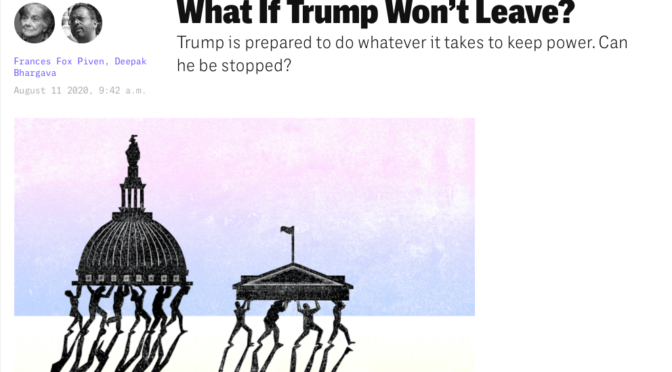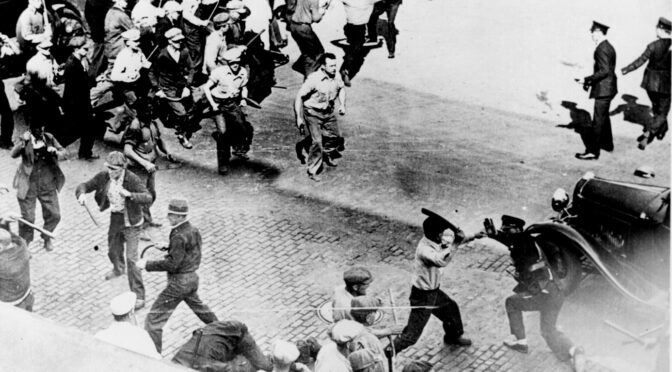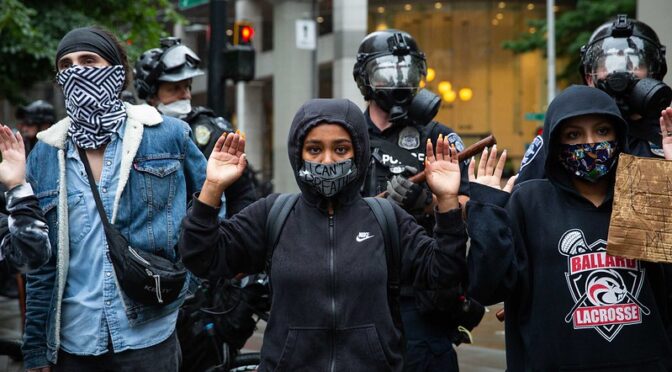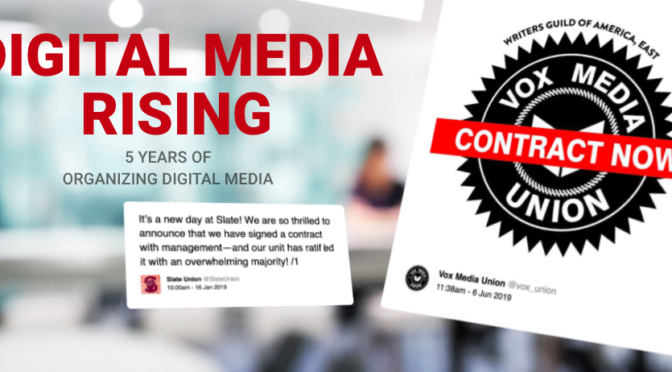Zara Cadoux has been a rabble-rouser from the start.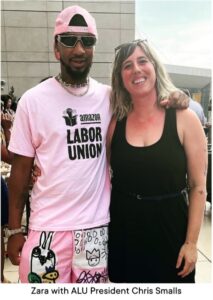
“I began thinking about power and justice as a kid,” Zara said. “I was one of three siblings growing up in a suburban household in Westchester, and although we were quite different from each other, we all had a similar critical lens on the world. We got that from our mom. She is from Sweden and has more of a socialist outlook. She was always questioning things, saying ‘Why is this happening? This seems very unfair.’ I remember her saying, ‘Your health care is tied to your job? How is that not exploitation?’ She taught us to ask questions and not accept the first answer we got.”
Growing up in the affluent village of Hastings-on-Hudson, Zara began to realize that her public school was better-resourced than schools in nearby Yonkers and the Bronx. So like her mother taught her, she started asking questions. “I asked a number of adults about what I saw as inequities and inequalities between the education I was getting compared to kids who lived in the Bronx. And they would say, ‘Don’t think about that. You’re a hard worker, you deserve to be in this school.’ And I would reply, ‘I know that I’m a good student. What I’m asking is why does my school have this but that school doesn’t have it? Why do I go to a school that is predominantly white, and other schools are mostly Black and Brown and don’t have the same resources? Can someone please explain that to me?’ And overall, adults could not explain it to me in a way that satisfied me.”
“When I went to college at Vassar I kept trying to understand the world through a racial lens, looking at race and white supremacy,” Zara continued. “I got a degree in geography and anthropology—I never realized the connection before, but I think I went into geography because I was trying to understand the world spatially. I was doing human geography.”
“I graduated in 2009 and like a lot of my peers, I had to scramble for a job due to the recession. I was offered a job with Americorps in Baltimore so I moved there, but they lost their grant funding before I could start work. I decided to stay, however, and started building relationships and community. I love Baltimore—it’s where a lot of things crystallized for me with regard to social justice issues.”
During her ten years in Baltimore, Zara continued to explore issues of power and justice. “I started a business with several other anti-oppression facilitators, doing trainings and workshops. A lot of my focus was on organizing white women in the nonprofit sector to make racial justice demands, taking collective action to make changes in those programs. That was based on my experience in the nonprofit sector, where I saw myself reflected as a white woman in a majority Black city. I knew we needed to take collective action.”


